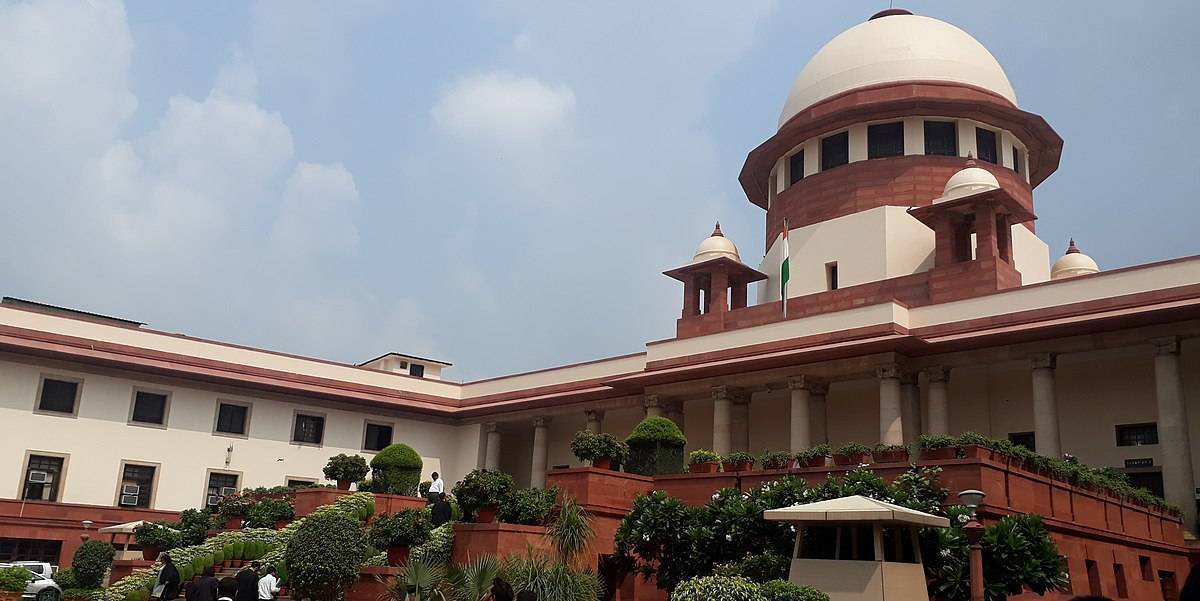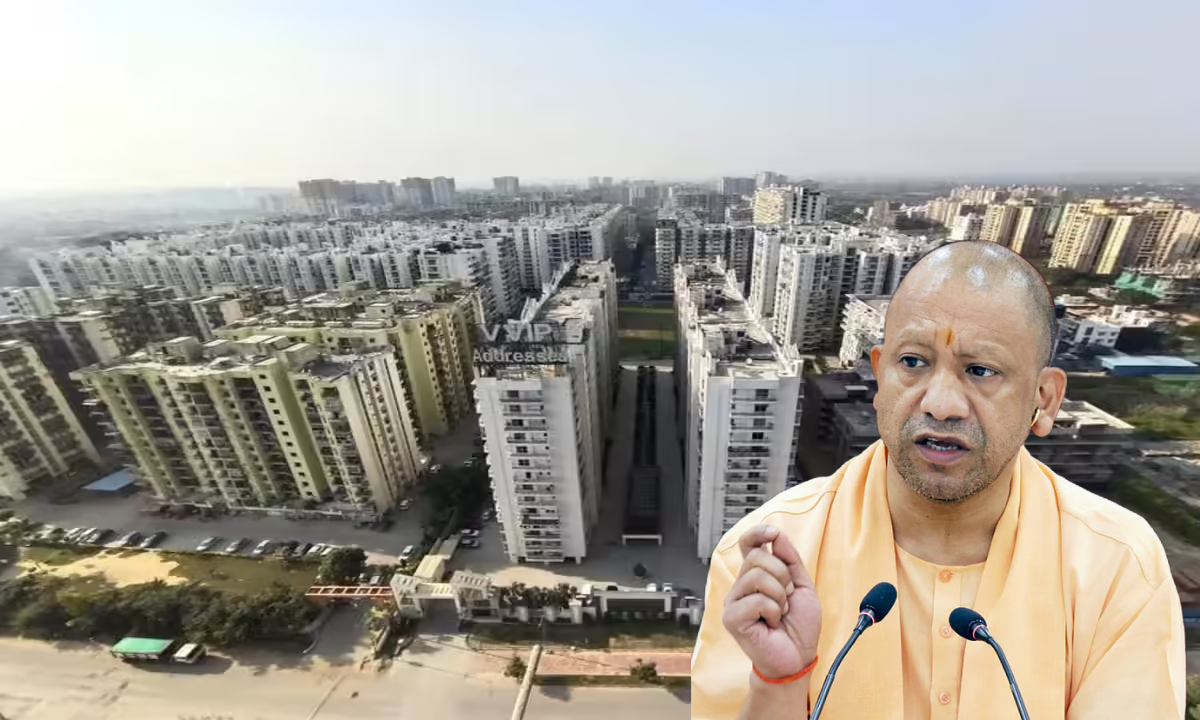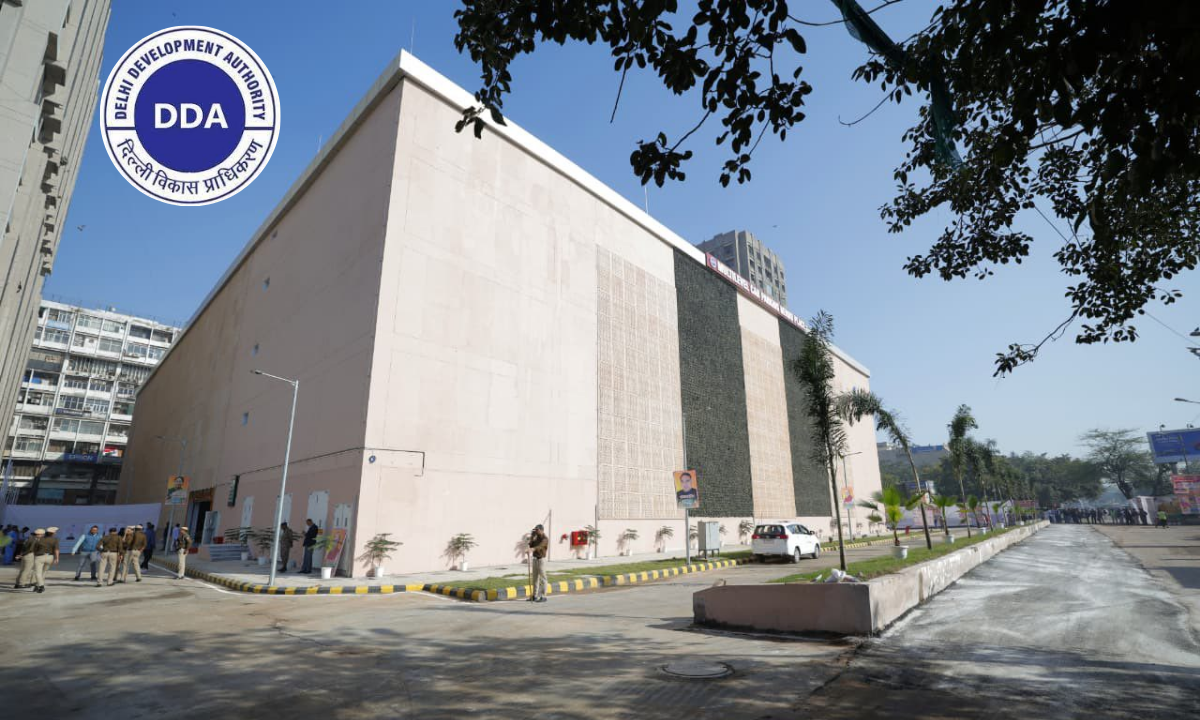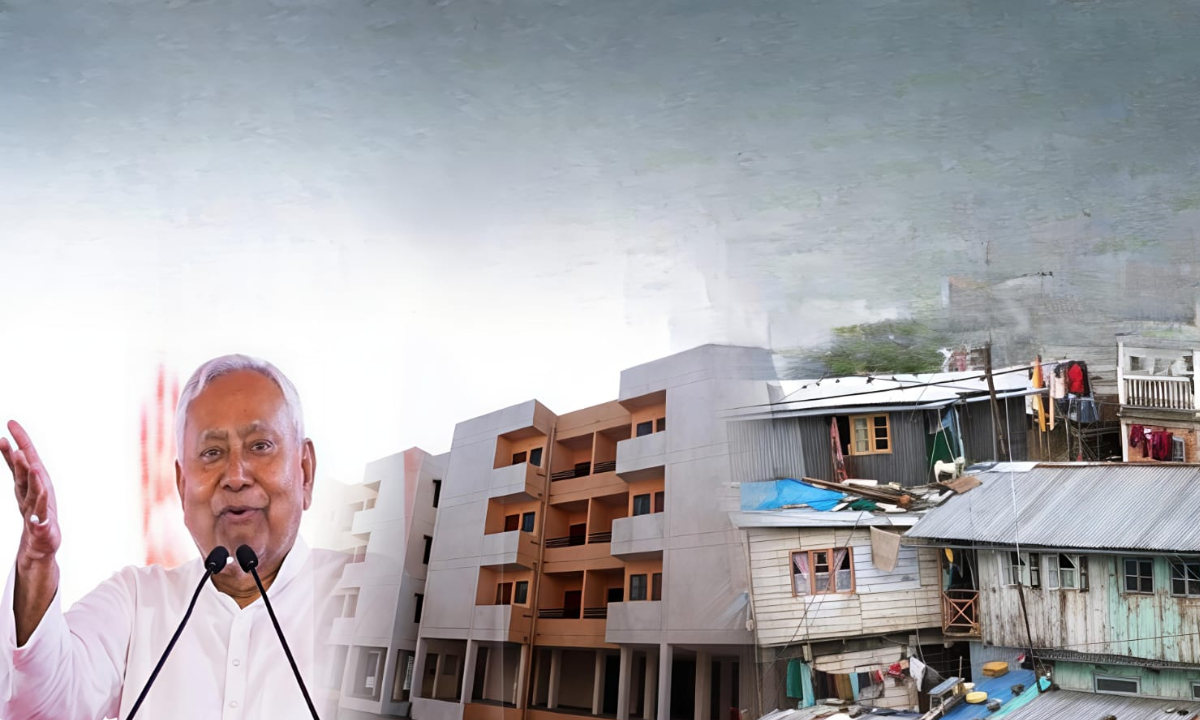The Supreme Court has stayed the National Company Law Appellate Tribunal (NCLAT) order appointing NBCC as the project management consultant to complete 16 stalled housing projects of Supertech Ltd. The projects, spread across Uttar Pradesh, Uttarakhand, Haryana, and Karnataka, were estimated to require ₹9,500 crore for completion.
A bench comprising Chief Justice Sanjiv Khanna and Justices Sanjay Kumar and K.V. Viswanathan heard two appeals challenging the NCLAT order. Expressing concern for homebuyers, the bench issued notices to the parties involved and temporarily halted the order appointing NBCC to take over the projects. The court stated that it would examine whether NCLAT followed the necessary procedures under the Insolvency and Bankruptcy Code while making the appointment.
Supertech, a real estate firm undergoing insolvency proceedings, had its 16 housing projects stalled due to financial difficulties. These projects, comprising 49,748 homes, left approximately 27,000 homebuyers awaiting possession. The NCLAT order, issued on December 12, 2024, directed NBCC to take charge of the projects and initiate the award of work before March 31, 2025. Construction was expected to begin by May 1, 2025. The order also mandated the formation of an apex court committee and project-specific court committees, with NBCC nominating representatives for each.
The Supreme Court, while staying the NCLAT directive, asked the resolution professional handling the insolvency process to continue performing its functions in accordance with the law. The court has scheduled further hearings for the first week of April and directed all concerned parties to submit written responses outlining potential solutions for completing the projects without NBCC’s involvement.
R.K. Arora, Chairman of Supertech Group, welcomed the Supreme Court's decision, stating that the NCLAT order had allowed NBCC to take over the projects without considering the interests of land authorities and lenders. He emphasized that a solution must address the concerns of all stakeholders, including homebuyers, financial institutions, and land authorities.
The NCLAT order had outlined a phased approach for completing the projects. Under the first phase, NBCC planned to finish projects in Greater Noida and Noida, including Eco-Village-2, Romano, Capetown, Czar Suites, Eco-Village-3, Sports Village, and Eco-Citi. The second phase included Northeye, Upcountry, Eco-Village-1, Meerut Sports City, and Green Village. The third phase covered Hilltown and Aravile in Gurugram, Rivercrest in Rudrapur, Doon Square in Dehradun, and Micasa in Bengaluru.
NBCC had submitted terms of reference to the NCLAT, outlining how it would manage the construction of these projects. It proposed a structured approach to completing the unfinished units, which were initially launched in the National Capital Region, Dehradun, and Bengaluru. The real estate firm’s financial crisis had halted progress, leading to the initiation of insolvency proceedings in 2021.
The insolvency case against Supertech began on March 20, 2021, when the Union Bank of India filed a petition under Section 7 of the Insolvency and Bankruptcy Code. The bank sought to recover over ₹431 crore, along with accumulated interest, as of January 31, 2021. Following this, the Supreme Court permitted a "project-wise resolution" process on May 11, 2023, allowing construction to resume under the supervision of an interim resolution professional.
In response to the NCLAT order, homebuyers and other stakeholders were given the opportunity to submit objections to NBCC’s proposal. While some buyers viewed the involvement of a state-owned entity as a possible resolution to long-pending delays, others raised concerns regarding the execution plan and potential costs.
The Supreme Court’s stay on the NCLAT decision opens the possibility for alternative solutions to be considered. The court’s directive to explore other proposals could lead to a broader resolution that takes into account the interests of all stakeholders. With thousands of homebuyers waiting for their properties, the outcome of this case will have significant implications for the real estate sector and insolvency proceedings in India.
Image source- scobserver.in









.png)